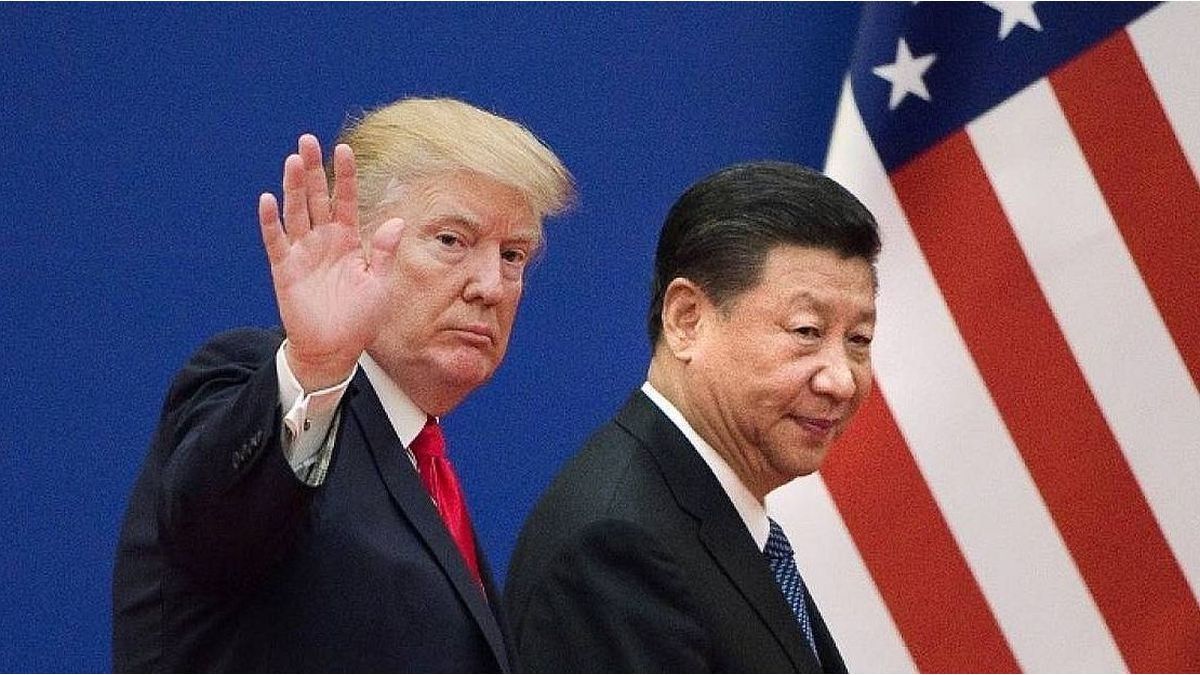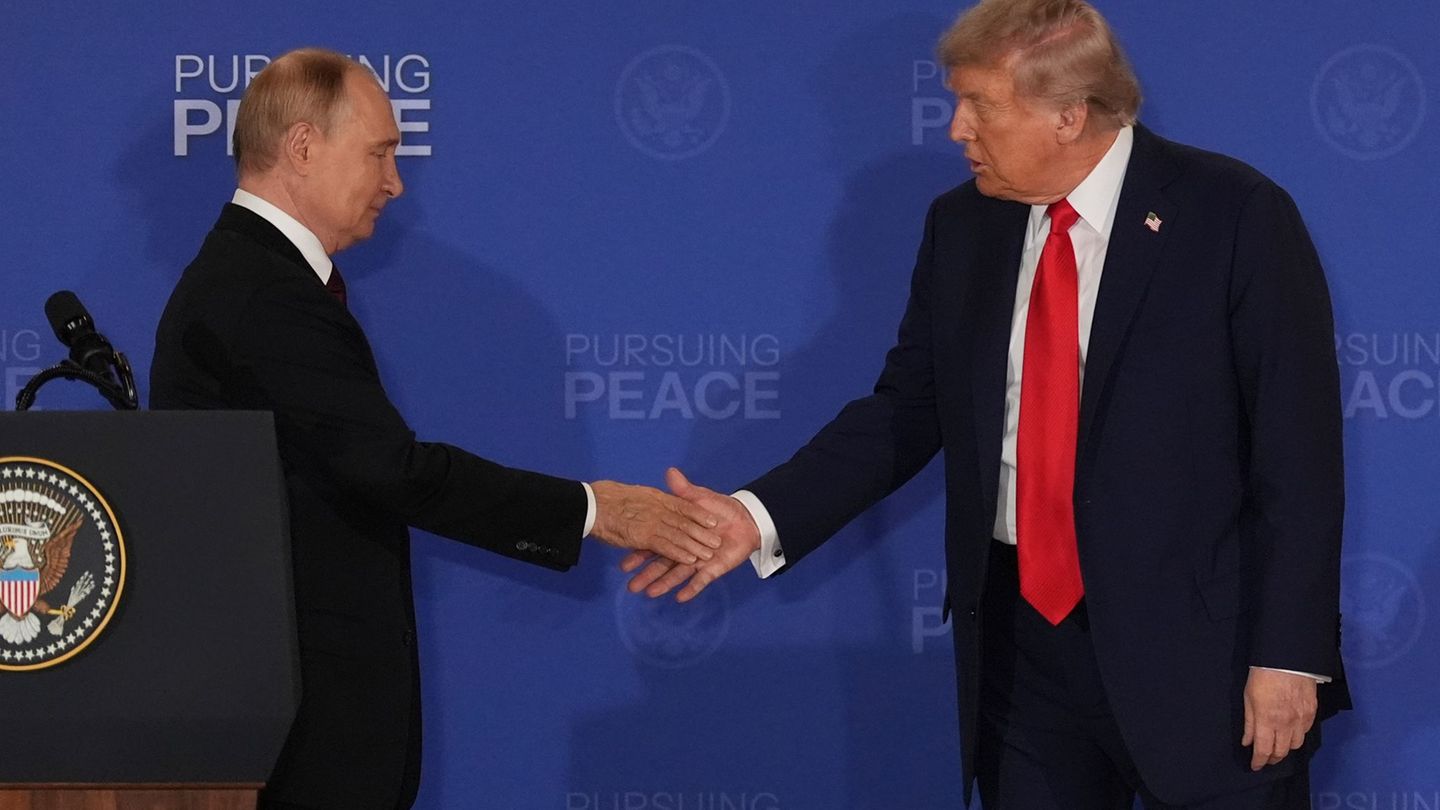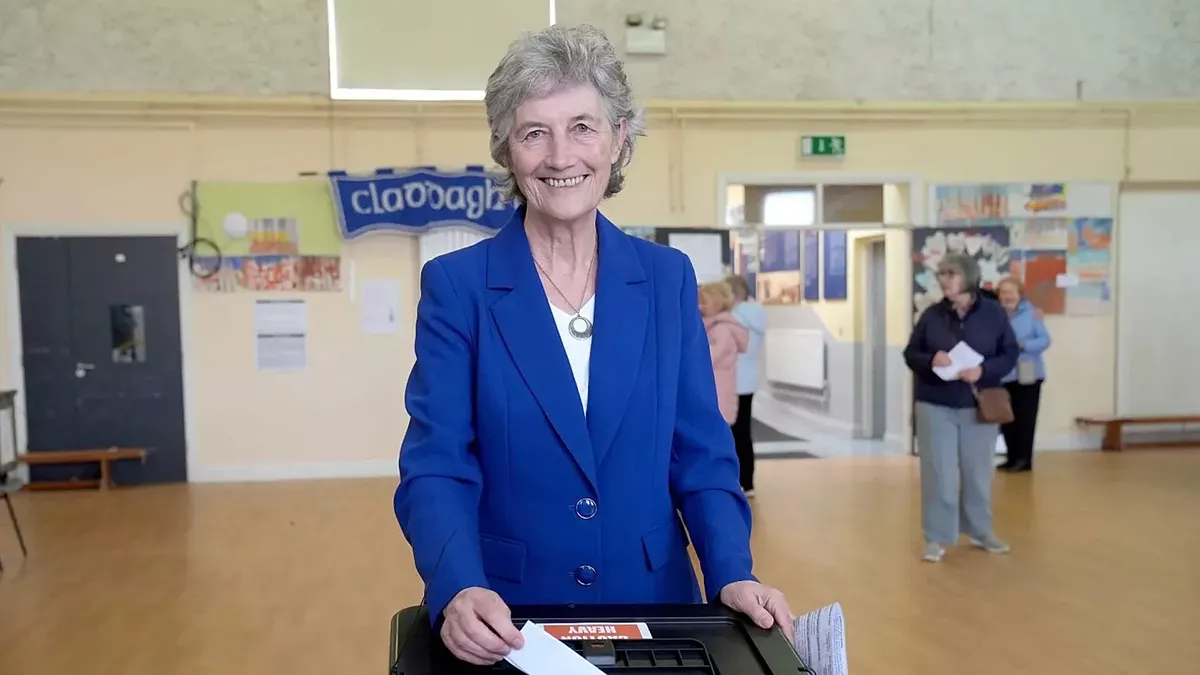I have been working in the news industry for over 6 years, first as a reporter and now as an editor. I have covered politics extensively, and my work has appeared in major newspapers and online news outlets around the world. In addition to my writing, I also contribute regularly to 24 Hours World.
Menu
Explorations ended: SPD and BSW before coalition negotiations in Brandenburg
Categories
Most Read
Gaza Strip: Israel carries out air strikes despite ceasefire
October 25, 2025
No Comments
Is Kamala Harris planning her comeback as a presidential candidate?
October 25, 2025
No Comments
Presidential election: Connolly on course for victory in Irish presidential election
October 25, 2025
No Comments
Protest rallies: Demos against Merz’s statement – “Friedrich” protest song
October 25, 2025
No Comments
Dismantling of a nuclear power plant: 30,000 people watch the demolition of nuclear power plant cooling towers
October 25, 2025
No Comments
Latest Posts

Before the meeting between Donald Trump and Xi Jinping, the US opens a tariff investigation into China
October 25, 2025
No Comments
October 25, 2025 – 18:03 The leaders of both countries plan to meet in South Korea, but their financial teams have a bilateral agenda in

Ukraine War: Trump: Don’t meet Putin until deal is secure
October 25, 2025
No Comments
IvanI have been working in the news industry for over 6 years, first as a reporter and now as an editor. I have covered politics

With progressive support, Catherine Connolly is the new president
October 25, 2025
No Comments
October 25, 2025 – 17:07 She obtained more than 63% of the votes and replaces Michael Higgins, who has governed since 2011. She is the
24 Hours Worlds is a comprehensive source of instant world current affairs, offering up-to-the-minute coverage of breaking news and events from around the globe. With a team of experienced journalists and experts on hand 24/7.

